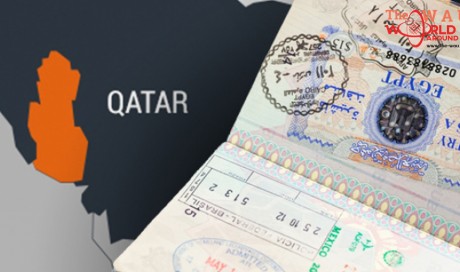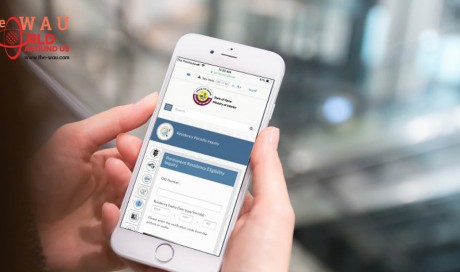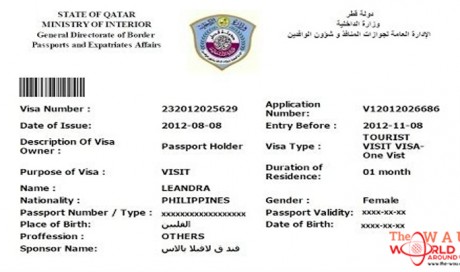Changes include a pay boost for public sector workers and fairer conditions for pregnant women
A new HR law for public sector employees in Qatar has been issued by Sheikh Tamim bin Hamad al-Thani, which will boost pay and allowances and provide maternity leave benefits for women.
The government issued a statement saying that the new legislation is designed to accelerate the development of Qatar’s human capital as the nation makes the transition from a carbon-based to a knowledge-based economy.
In a recent address to Qatar’s Advisory Council, Sheikh Tamim called for the development of “a culture of planning, work, and accomplishment.”
The HR law makes the public sector more attractive to Qatari nationals and, in line with Qatarisation targets, nationals will be given priority for government jobs – though a three-month probation term is now mandatory. There will also be higher pay for workers who have achieved higher levels of education.
A new salary structure dictates that the highest level jobs will pay up to QR65,000 and the minimum salary will be QR2,300. Government and public sector employees are entitled to allowances including but not limited to: housing, social bonus, transportation and overtime.
Public sector workers will also now be permitted up to 16 different types of leave, including maternity leave, sick leave, unpaid leave and periodic leave. Within this allowance, annual leave specifically may be between 30 and 45 days annually, with an additional seven days’ casual leave. Muslim employees will get a one-time leave to attend Hajj.
The law spells good news for new mothers, who will now receive two months' paid maternity leave, or three months if they have twins. The law also grants five years’ paid maternity leave for mothers of children with medical conditions or disabilities, subject to ministry approval.
While the new HR law is good news for public sector workers, concerns have been voiced that it may pose challenges for the private sector in terms of encouraging more nationals to take private sector jobs. Qatar’s five-year National Development Strategy aimed to raise the number of Qataris in the private sector by 15 percent by 2016 – but the goal was not reached. However, the soon-to-be-revealed 2017-2022 development strategy is expected to emphasise the development of the private sector.
Additionally, labour reforms in the private sector governed by the immigration law mean that the existing exit permit system, which requires an employer’s consent for an employee to leave the country, will now be replaced with an automated system through the Ministry of Interior. The system will automatically grant an exit permit to an employee after a 72-hour grace period before departure.
The ‘No Objection Certificate’ (NOC) scheme will change too. Employees working on a fixed-term contract may change jobs at the end of their contract. Those working on an open-ended contract may transfer to another company after five years from the date on the contract, though there is some debate among legal professionals regarding the details of when exactly this rule will come into effect and specifically which contracts will be affected.
Finally, in an attempt to crack down on the illegal practice of confiscating workers’ passports, the penalty for passport confiscation will be increased to QAR 50,000 per passport. Wages must be paid electronically to ensure transparency, monitoring and timely payment.
Share This Post












